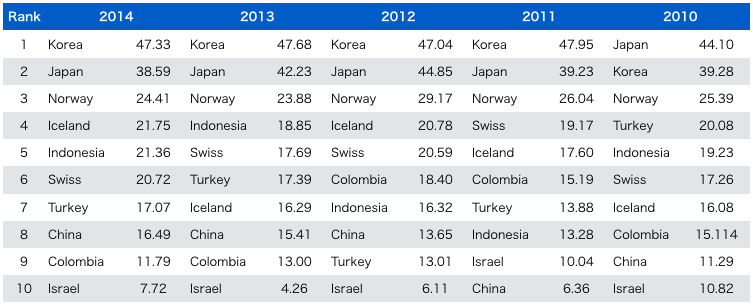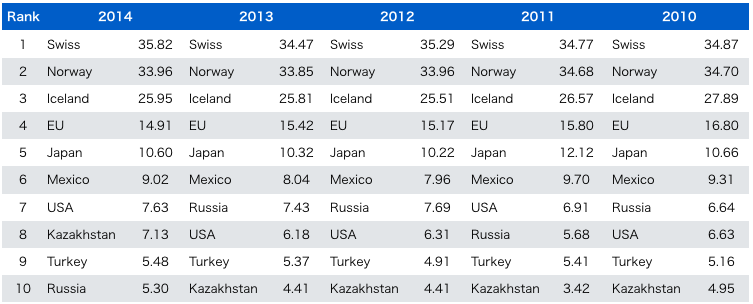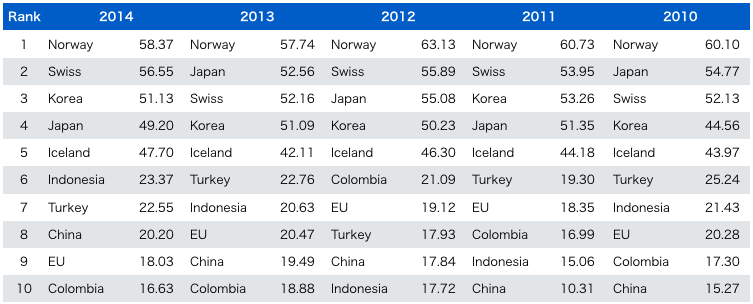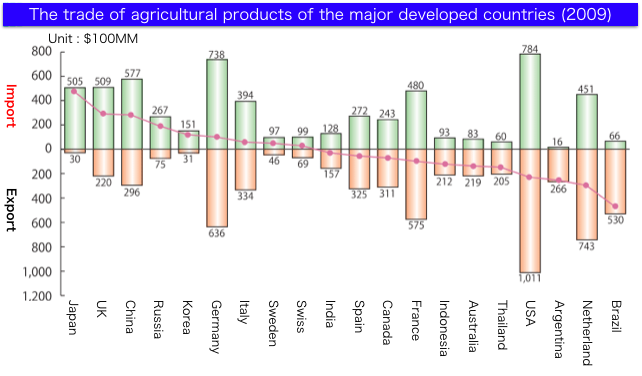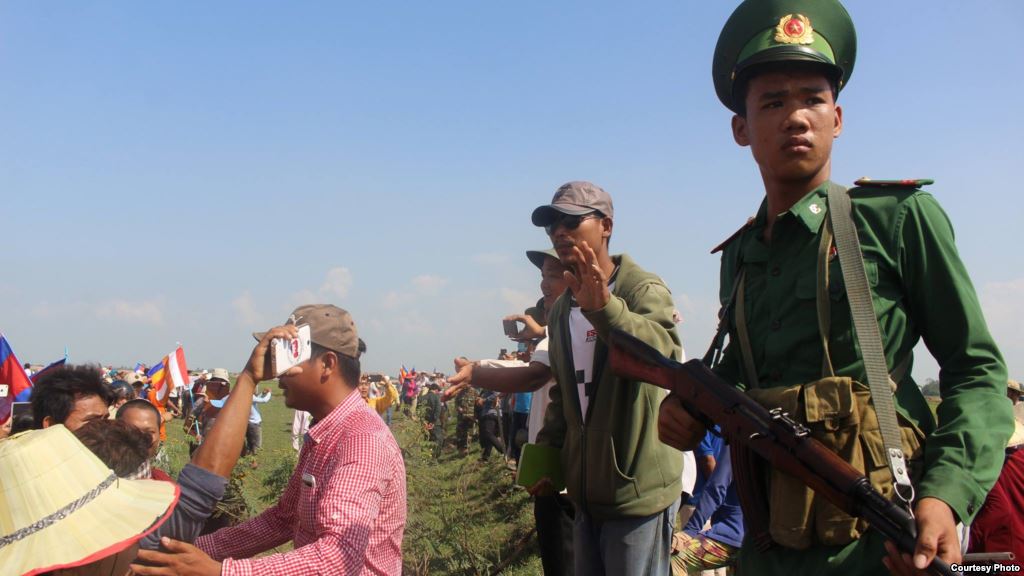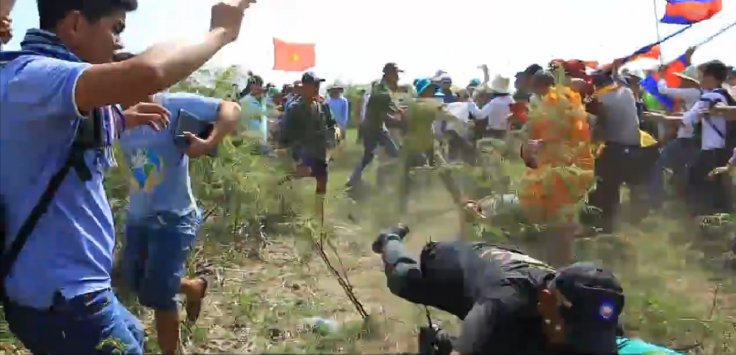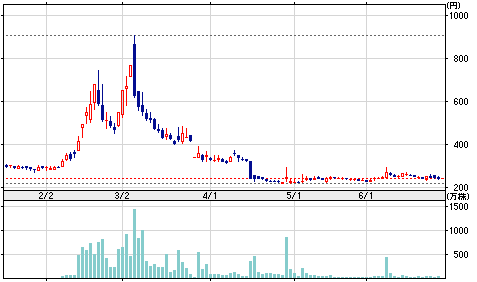Well, I have seriously no idea which food worked as poison to my body, I got a fever for the first time in ten years. Furthermore, it hit the big 40℃, aww! The doubts, which are crossing in very edge of my head, are food I had in Huahin and Bangkok; gigantic raw oysters and raw shrimps. It is probably a bud guy was hiding in those oysters or shrimps. I was fine on the day I came back from Thailand, but right before going to the bed that night, I started to feel a big fatigue. Then, next morning, the situation had gotten worse, I couldn’t even move at all because of high fever and numbness.
Since even I thought it was really bad, I asked Ms. Sayaka to take me to a local doctor. Apparently, this doctor has a good reputation from Japanese people living in this area. Well, a little “fun” story in Cambodia you are waiting for starts from here.
Speaking of seeing a doctor because of sickness, taking blood samples is a first step, isn’t it? As soon as I lay myself on a bed, I realized that a huge fan was located right above myself (look the picture below).
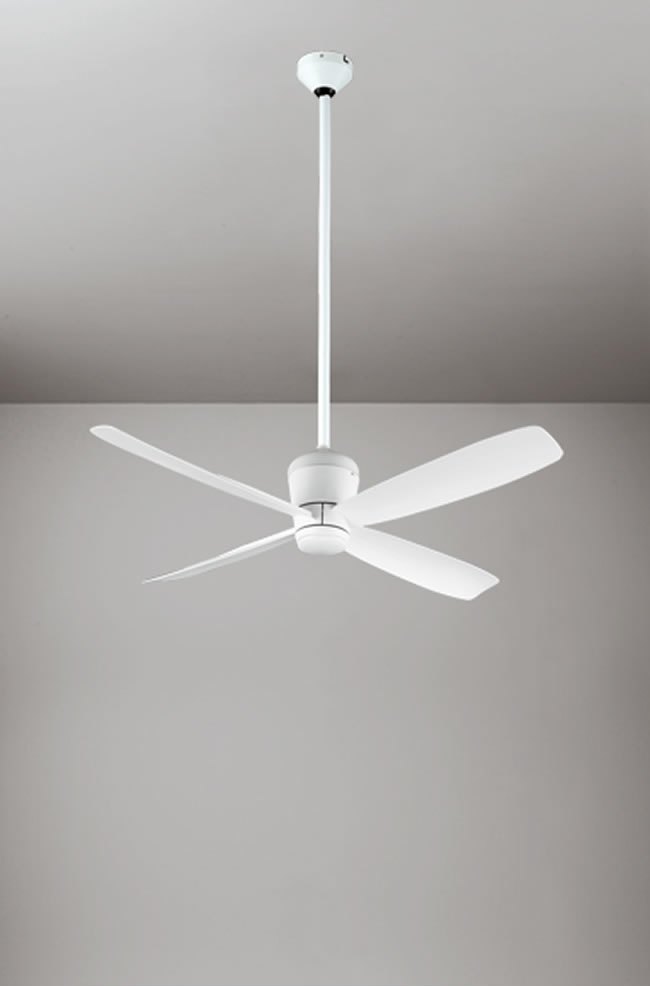
Then, because this fan was spinning so fast and made so much wind, it was so cold for me, you know, I had a fever.
Me: “Excuse me, I’m cold.”
Nurse: “I’m not.”
Me: “??? Well, that (pointing to the fan) makes me cold because of so much air are coming over me.”
Nurse: “I am NOT cold.”
Me: “Well, ok, I AM cold.”
Nurse: “It is because you have a fever.”
Me (talking to myself): “I know that even though you don’t tell me….
Me: “Could you please turn it off? I am seriously cold.”
Nurse: “NO.”
Me (talking to myself): “Seriously!? I am so cold… Brrr….”
(When I looked into the room after I had seen a doctor, the fun was already off. Thank you very much.)
Then, another nurse came and asked me,
Nurse: “Can you speak Korean?”
Me: “No. I don’t understand Korean language because I am a Japanese.”
Nurse: “Oh, you are a Japanese. 門不知、門不知我錯了… (not Japanese language, She said “Sorry I didn’t know” by Chinese language).
Then, the nurse left with a big smile on her face.
While I was waiting at the waiting room after I had seen a doctor, another nurse brought some medicine for me.
Nurse: “Here you are. Take this one.”
Me (talking to myself): “Um…? I got this antipyretic earlier and just took it ‘after I had asked thoroughly two nurses about the details of the medication’. Is it the same one?
Me: “So, what this medication for?”
Nurse: “Antipyretic♪”
Me (talking to myself): “Antipyretic, antipyretic, antipyretic… (it is continuing as an endless loop).
Me: “Well, you guys gave the same thing earlier, so I have taken it already…”
Nurse: “Oops, sorry!”
Doctor: “Ha! Ha! Ha!”
Well, you should be responsible for everything in your life. Everyone, when you are in a developing country, please don’t let your guard down just because you are at a hospital… lol.
Below is what the doctor said. I was sent to the doctor’s room after the blood test had done.
Doctor: “Regarding the result of the blood test… well, the number of your white blood cells are quite large.”
Me: “I see… so?”
Doctor: “White blood cells, do you know what they are?”
Me: “Of course. So, what is wrong with that?”
Doctor: “I am saying that the number of your white blood cells are large. Look at this number. It is higher than the normal number, isn’t it?”
Me: “I DO understand that. So what does it mean exactly if the number is higher than normal?
Doctor: “Well, you probably have inflammation somewhere inside your body. What color your urine was?”
Me: “I don’t know.”
Doctor: “Hah? You know urine, right? Don’t you know what it is?”
Me: “I know what urine is. I am saying I don’t know what the color was.”
Doctor: “You don’t know what the color was…. Why? You didn’t go to pee yet?”
Me: “I did. I just don’t know the color because I didn’t see it.”
Doctor: “Hmmm… you didn’t see the color… Well, it can’t be helped. Open your mouth a little.”
Me: “Ah…(opened my mouth).”
Doctor: “Oh! Your tonsils are so red! This is it! This must be it! Don’t you feel so pain on your throat, do you?”
Me: “Actually, not at all…”
Doctor: “There is no way! It must be so painful because I can see a big inflammation here. Well, it could be the inflammation gets worse later. It is tonsillitis! That is you have right now!”
Me (talking to my self) “Well, I don’t have any sign of a sore throat, but I guess tonsillitis is the one because that is the doctor is saying…”
Anyway, I went back home with some anti-inflammation, antibiotics, and antipyretic. As the doctor said, the pain got harder later.
But, it was a stomachache, not a sore throat… (lol)
Anyway, since I just had continuously diarrhea and vomiting, I went to see a doctor at Royal Angkor Hospital, which is a big and foreign-owned hospital next day. “Entamoeba histolytica” was found by a doctor of the hospital and I was finally and peacefully hospitalized there. Everyone, please be careful not to get food poisoning.

